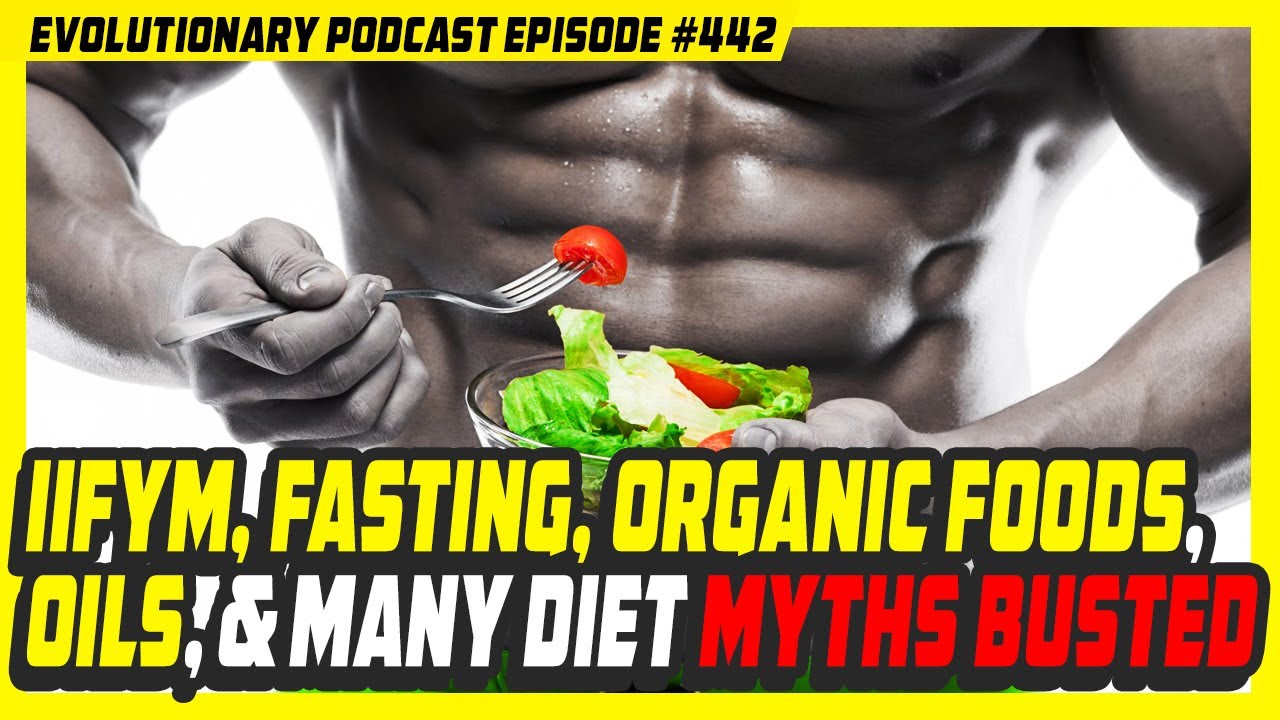
There are three types of prevention for cardiovascular disease: primal, secondary, or primordial. Each one is made up of the same elements but has different effects and starting points. Patients need to know their risk factors in order to develop a personalized prevention plan. It is important to reduce your chances of having heart disease and live a long, healthy life. Continue reading to learn how to prevent heart attack. This article discusses the different types of cardiovascular diseases and their treatments.
First, keep your heart healthy. A heart-friendly diet includes a high intake of fiber, low salt, and high levels of vitamins and minerals. Next is to stop eating processed foods like white bread and snacks. These foods can be harmful to the heart if they are high in fiber. You can also avoid processed snacks and fast food. Finally, avoid reaching for the salt shaker. A high level of sodium can lead to cardiovascular disease.

Regular exercise is important in addition to eating healthy food. Experts recommend that you exercise 150 minutes per week. This is approximately 20 minutes per day. You should also eat a variety low-calorie meals. A regular exercise program can also lower blood pressure, prevent heart disease, and help you stay healthy. Stress management and mindfulness can be a key factor in preventing heart disease. It is possible to make lifestyle changes that are easier than you may think.
A healthy diet can reduce your risk of heart disease and reduce the severity of your heart attack. A diet rich in fruits and vegetables is a proven way to lower your chances of developing the disease. Beans and low-fat protein are excellent sources of protein that may help reduce your risk. Some fish also contain high levels of omega-3 fatty acid, which can help reduce your risk of developing cardiovascular disease. You can incorporate these strategies into your daily life, if time allows.
Smoking is a major risk factor to heart disease. Stop smoking to lower your risk of coronary artery diseases. Stop smoking. Smoking fewer cigarettes is better for your heart. Avoiding secondhand smoke can also lower your risk of developing coronary artery disease. If you're a smoker, it's important to quit smoking. This will reduce your risk of heart disease.

Heart disease prevention is a lifelong endeavor. While the disease can be hard to spot, it can lead to heart failure and other serious side effects. It is important you take steps towards reducing the risk of heart diseases. Healthy habits can help reduce the chance of getting the disease. This way, you'll live a long and healthy life. The more you do this, the happier you will be.
FAQ
What is the best work out for men aged 40+?
Older men often have more energy and stamina when they exercise.
It is important to remember that most people over 40 experience a decline in testosterone, leading to lower sex drive.
This does not mean that you should stop engaging in physical activity. Numerous studies have shown that aerobic exercise can increase testosterone levels in certain men.
An aerobics routine is a great way to increase your sexual performance.
How Metabolic health is key to aging well
Today's people live longer than ever before. But as they do, they're also getting sicker. Our current medical science approach is not working, even though we've made many advances.
We have to change how we see health and aging. For healthy aging, it is important to look at metabolic well-being - not just weight reduction but overall wellbeing.
And if you want to live an active life for decades to come, you should ensure that your metabolism stays strong and healthy throughout your entire lifetime.
The good news? There are many things you can do to improve your metabolism. These 7 foods can be incorporated into your diet.
-
Resveratrol has been proven to increase cellular longevity. They also provide antioxidants and vitamins C & E.
-
Pinto beans and lentils make excellent sources of fiber as well as plant-based protein. These nutrients are important for maintaining blood sugar levels that don't spike, crash or change.
-
Broccoli is rich in sulforaphane. Studies have shown that it protects cells from DNA damage. It may even be able to slow down cancer progression.
-
Chia Seeds have high levels of omega-3 fatty oils and fiber. They are also rich in antioxidants, protein, and fiber. All these nutrients support heart health, brain function and gut health.
-
Green Tea has polyphenols called catechins. The catechins in green tea have been linked to reduced bone fractures, cardiovascular disease, cognitive decline, and diabetes risk.
-
Salmonis a great source of lean protein. It is low in saturated fat and high in vitamin D.
-
Walnuts are high in omega-3s. They also contain antioxidants like alphalipoic Acid (ALA). ALA boosts energy production and reduces inflammation.
What is the best way to lose weight?
Losing weight is easier said than done. Many people quit because they don’t know where to start.
But there are steps you can follow to shed extra pounds.
First, make sure you eat less calories than you burn. You will gain weight if you eat more calories than you burn.
You should also exercise regularly in order to lose all those calories. You have the option of doing jogging or walking or cycling, as well as dancing.
Third, stop smoking and drinking alcohol. These habits can cause you to consume more calories that you would otherwise.
Fourth, you should cut back on junk food. These can be replaced with healthier options like fruits, vegetables and whole grains.
Fifth, you should change your lifestyle to adopt new habits. You might need to get up earlier every morning to do some exercise before going to work.
Sixth, you must be disciplined and follow your diet plan.
For those extra calories, you could join a class or go to a gym.
By following these simple tips, you will soon begin to notice results.
What if I exercise and drink alcohol?
Yes. Alcohol has increased energy expenditure, speed up recovery time, and reduced soreness.
Alcohol also increases insulin sensitivity, making it easier to absorb glucose.
Alcohol can also cause dehydration which can lead to a slower metabolism. Alcohol can also lower testosterone production, which could lead to a decrease in muscle-building potential.
For these reasons, women shouldn't drink alcoholic beverages before working out. Women who are heavily alcoholic should wait at minimum 24 hours before starting to work out.
Breastfeeding women should stay away from alcohol.
Men should only consume one drink per day.
What are the best foods to avoid when trying weight loss?
Avoid foods that contain trans fats. Trans fats increase LDL cholesterol (the bad) and decrease HDL cholesterol (the healthy).
Trans fats can be found in fast food, deep-fried foods, packaged baked goods, snack cake, and other processed foods.
These unhealthy fats can also lead to inflammation, which can cause heart disease and diabetes.
Avoid foods containing artificial sweeteners. Artificial sweeteners increase the risk of getting cancer.
They are found in everything, from soft drinks to chewing tobacco to candy bars. They are also found in poultry, eggs, meat and fish.
Artificial sweeteners include saccharin.
The American Heart Association recommends avoiding these chemicals because they may damage DNA in cells.
Statistics
- Cardmembers earn 5% Back at Amazon.com with a Prime Credit Card. (amazon.com)
- By John Thompson Take a whopping 38% off a set of PowerBlock Pros. (menshealth.com)
- 10 pounds in a month is likely during a lean bulking phase, especially for beginners. (muscleandstrength.com)
- According to the American Heart Association, blood pressure should be checked at least once every two years, beginning at age 20. (my.clevelandclinic.org)
- Candidates and applicants must pass all four tests at 70% (minimum level) to graduate from Basic Deputy U.S. Marshal (BDUSM) Training. (usmarshals.gov)
External Links
How To
What is the best food for men to eat?
Men should eat five meals a day of fruits, vegetables and other healthy foods. They should avoid fast food and limit red meat.
Fruits and veggies are packed with antioxidants that protect against cancer, cardiovascular disease, and other diseases.
Vegetables include broccoli, cauliflower, carrots, spinach, tomatoes, peppers, cucumbers, lettuce, mushrooms, etc.
Peas and beans are also high in protein and fiber.
Excellent sources of omega-3 oils are nuts and seeds. The brain functions and production of hormones require omega-3 fatty acids.
Another source of omega-3s are fish. More mercury is found in fish than any other meats. However, fish liver oil does contain fewer toxins.
Normal growth and development are possible with the help of Omega-6s in vegetable oils like soybean, safflowers, sunflowerseed, cottonseed, and corn oils.
Poultry is a great source of lean proteins. Chicken breast is one the healthiest meats.
Lean beef has low levels of cholesterol and saturated fats. Red meat should be limited as too much iron can increase your chances of developing prostate cancer.
Avoid processed meats such as sausage and hot dogs. These have added nitrates which can be carcinogenic.
It is obvious that exercise is important for overall health. What if you already exercise regularly? What can you do to improve or maintain your physical condition?
Yes! You can do many things to ensure you get the most out your workouts. Here are some tips for maximising your workout.
Start slow. It is possible to injure your self if you push too hard during your first session. You can start slowly increasing your intensity by starting at a comfortable pace.
Stretch before and after. Stretching helps loosen tight muscles, reduce muscle soreness, and improve flexibility. You can stretch by lying down, standing up, or walking around.
Cool down. This is especially important for cardio exercises. You need to allow your body time to rest between sessions so that it doesn't get tired. For cooling down, you can walk slowly, take deep breathes, or go for short swim.
Hydrate. Fluid intake is important to keep your muscles hydrated and prevent muscle cramps. Sports drinks, however, can be beneficial.
Make sure you eat healthy. You should eat enough calories every day. Regular meals throughout the day will help keep you energized and focussed during your workouts.
Get some sleep. When you get enough sleep, you'll feel refreshed and ready for your next workout. Sleep is also crucial for repairing damaged tissues.